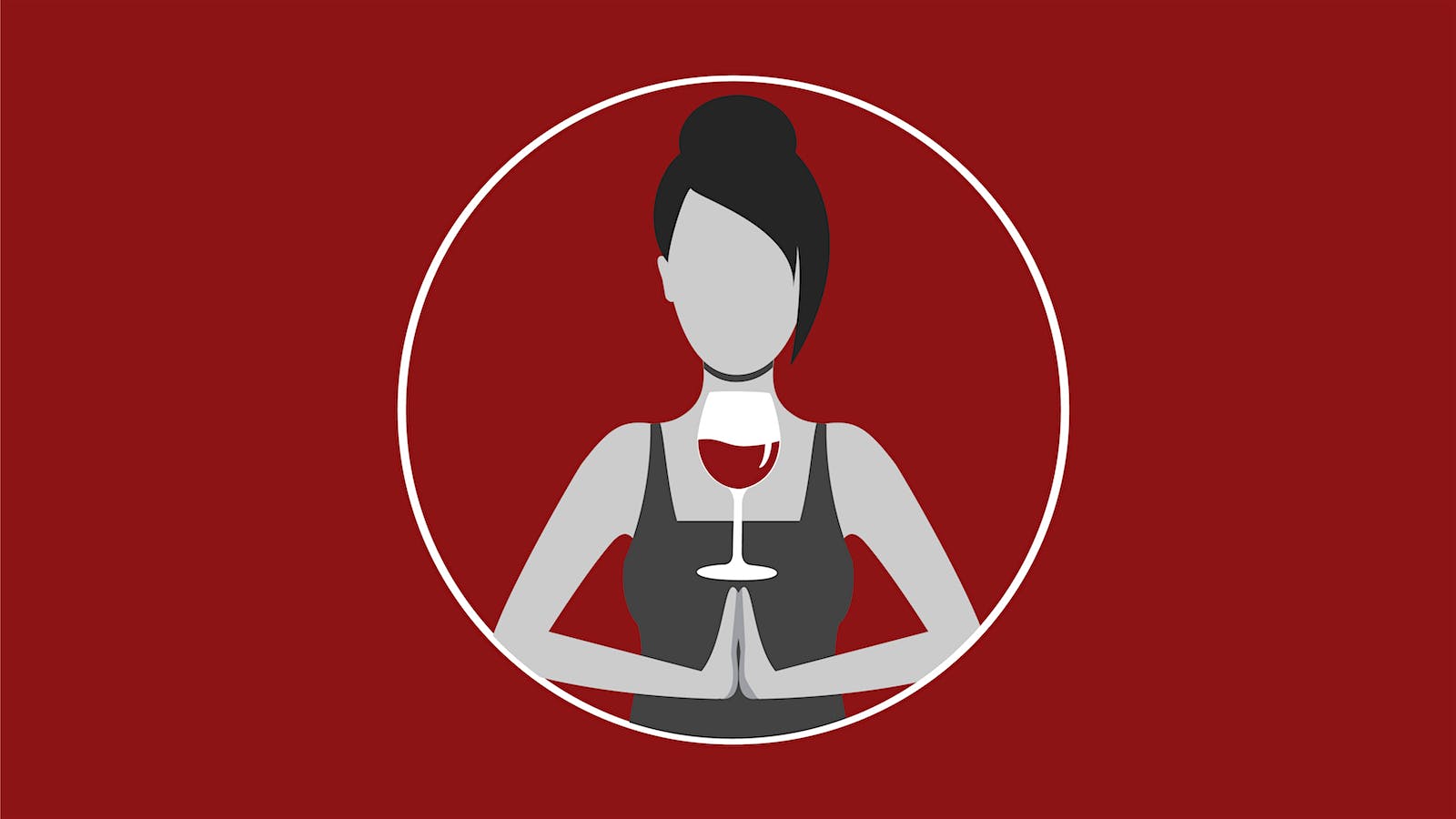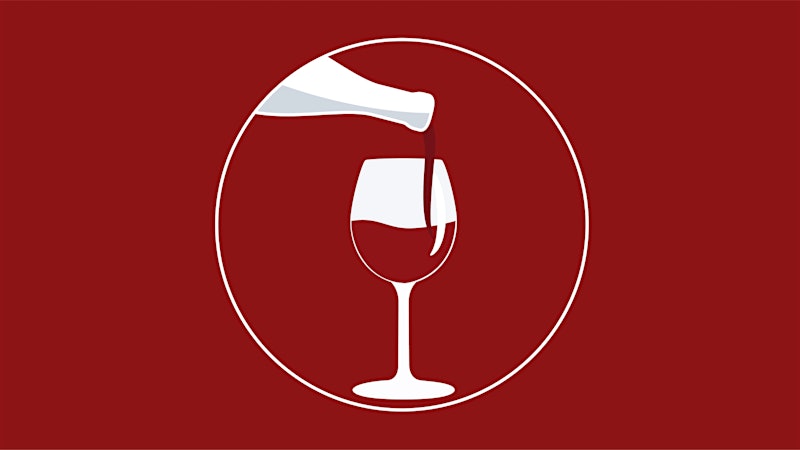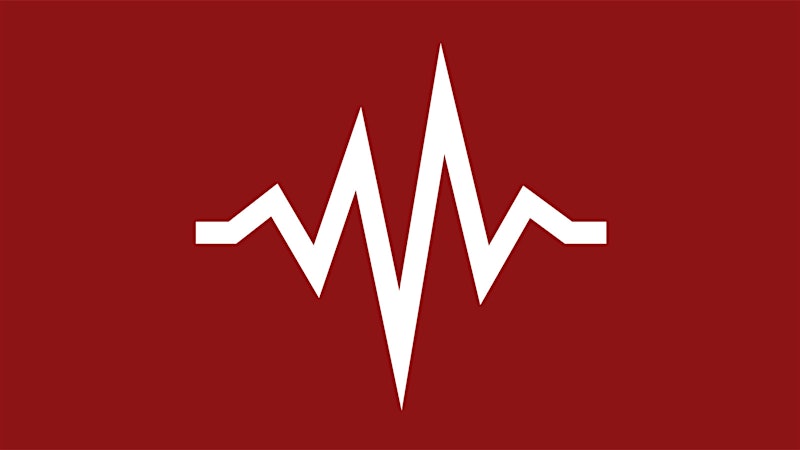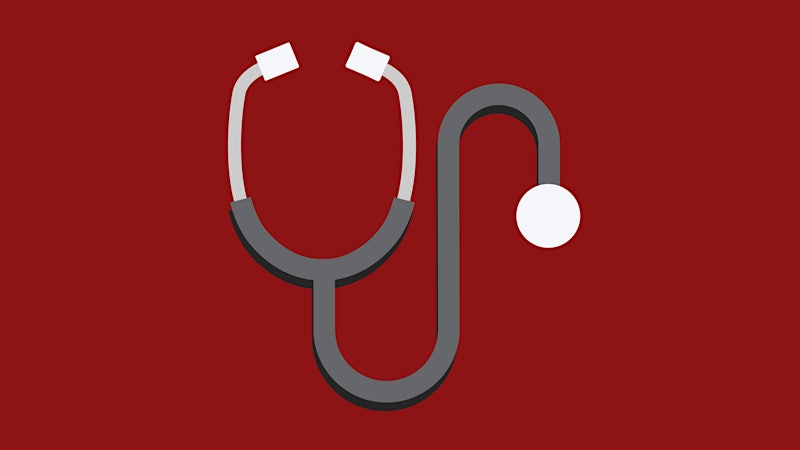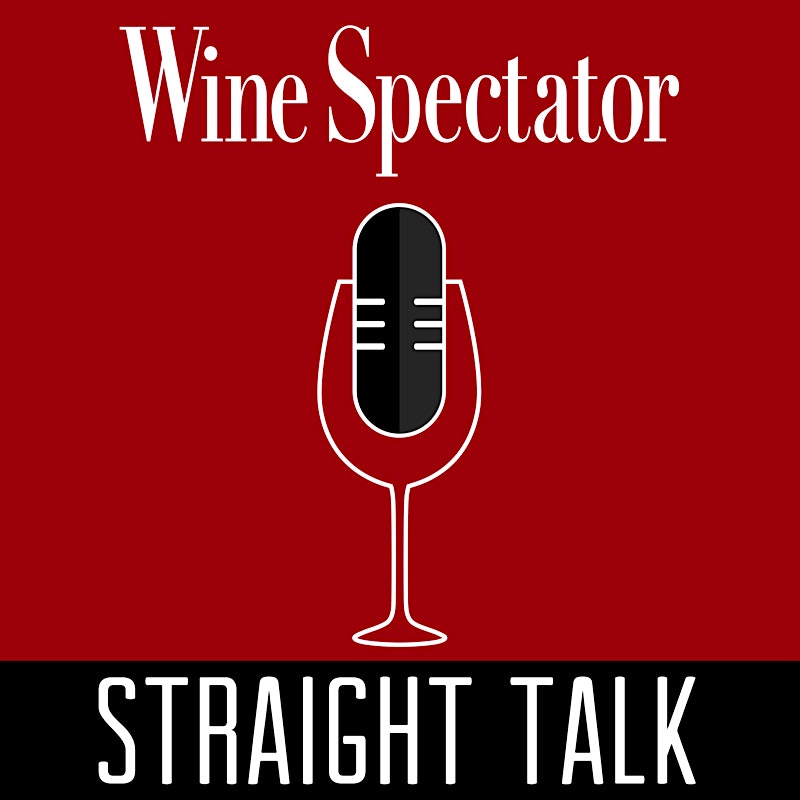Q: Can I have a glass of wine after receiving one of the current COVID-19 vaccines (2024–2025)?—Max, Irving, Texas
A: While the worst days of the COVID-19 pandemic are behind us, the virus continues to circulate widely, especially during winter spikes. Public health officials recommend that adults receive one of the new vaccines—which have been updated to protect against currently circulating strains—to keep the immune system up-to-date and prevent serious disease.
But for wine lovers, the pressing question remains: Can I have a glass of vino to celebrate getting my shot?
What Are the Currently Approved COVID-19 Vaccines?
In August 2024, the Centers for Disease Control and Prevention approved three vaccines to protect against COVID-19. Two of them, Pfizer and Moderna, will be familiar to most people. Both are mRNA vaccines, just like previous versions from those companies. That means they use a small piece of genetic material to instruct our cells to produce copies of the COVID-19 spike protein, which then stimulates an immune response.
This year, instead of bivalent shots, both Pfizer and Moderna are monovalent. Both aim to protect against the Omicron subvariant KP.2, which circulated at high levels earlier this year. Both vaccines have shown broad efficacy against several currently circulating strains.
The Novavax vaccine uses a different technology called protein adjuvant. That means it uses a small protein fragment (specifically, from the spike of the virus) that has been modified so that it cannot cause disease. Novavax targets JN.1, a predecessor of KP.2, but has been shown to be broadly effective against several subvariants.
Moderate Drinking and COVID-19 Boosters
Experts have said that moderate drinking shouldn’t be a problem with the original vaccines, the first boosters and the bivalent boosters. What about the latest versions of the COVID-19 vaccines?
Dr. Andrew Pekosz, a professor of microbiology and immunology at Johns Hopkins, told Wine Spectator that “moderate drinking has been shown to have little effect on a person’s response to a vaccination.” He emphasizes that “this isn’t a heavily studied field,” but he’s “confident that if there were a big effect of moderate alcohol consumption on vaccinations” that such an effect would have shown up in studies on vaccine safety and efficacy.
Dr. Pekosz says it’s “reasonable to think” that there won’t be a difference in any interaction based on which vaccine you get, mostly because that interaction will be so minimal to begin with. He adds that there’s no data suggesting that moderate alcohol consumption has a particular effect on any subpopulation, such as the elderly or immunocompromised.
Experts do consistently caution against heavy alcohol consumption, especially chronic heavy drinking, which is known to weaken the immune system. Dr. Anuj Mehta, a pulmonary and critical care physician at Denver Health and Hospital Authority, told Wine Spectator that like with all vaccines, “excess alcohol intake can reduce the efficacy of the COVID-19 boosters. However, there is no evidence that having a single glass of wine after receiving your booster will affect how the vaccine works.”
As always, consult your healthcare provider about incorporating wine into a healthy, COVID-free lifestyle.—Kenny Martin
Read More About COVID, Vaccines, Wine and Your Health
- Has Long COVID Made It Harder to Enjoy Wine? You’re Not Alone
- Can wine prevent COVID-19 and other respiratory infections?
- Is it safe to drink wine after receiving the original COVID-19 vaccine?
- Is it safe to drink wine after receiving a COVID-19 booster shot?
- Is it safe to drink wine after receiving a bivalent COVID-19 booster shot?


